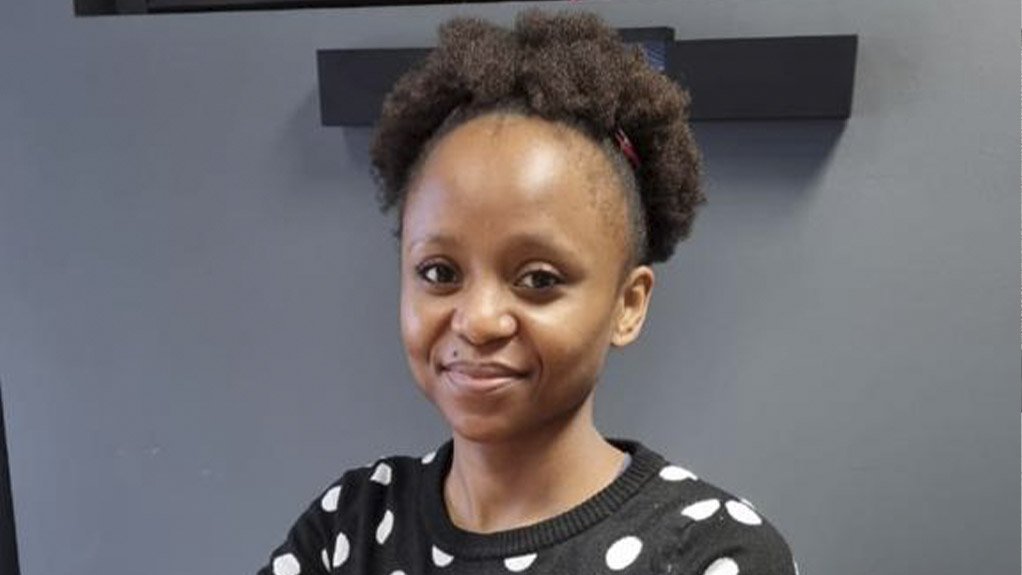
In South Africa, development in the fields of science, technology, engineering and mathematics (STEM) is critical for the country’s future. Graduates and professionals who have these skills have a role to play in driving the advances we need to maintain and improve South Africa’s relevance on the global stage. As we continue to face the changes brought about by the Fourth Industrial Revolution, these advances are becoming more important than ever.
However, relevance in STEM depends, to a largely unacknowledged degree, on diversity. If we – as a planet and a country – are truly to create solutions that address our evolving human needs, we need to be cognisant of how varied these needs can be. We cannot (in this, or any industry) neglect the critical insight and expertise of women. And yet STEM disciplines continue to be largely dominated by men.
In South Africa, only 13% of STEM graduates and only 7% of engineers are women. The World Bank’s Equality Equation Report identifies gender norms and biases, stereotyping and sexual harassment as some of the primary reasons behind this low representation globally. Discriminatory practices that deter girls from pursuing STEM careers, or that limit their exposure to these careers in the first place, are also common. In a patriarchal society like South Africa, each of these issues resonates.
The women who are breaking barriers
This is not to do a disservice, however, to the pioneering women who are dismantling these barrier – women like Senrika Govender and Faith Diketane, proposal engineers at the Johannesburg-based engineering firm, Leoka.
Proposal engineers compile proposals and tenders for technical and commercial submissions. With support from the broader team, they prepare cost schedules and discuss their company’s technical capabilities and relevance. Background experience and knowledge of the sector is essential.
Senrika spent many years as a process engineer before becoming a proposal engineer. Her experience compliments Leoka’s interest in expanding in process plant design and execution projects locally and internationally. Faith, a civil engineer by training, uses this experience to enhance the proposals she compiles, and often takes on the role of project manager when projects are awarded.
“Working as a proposal engineer is challenging, demanding and time consuming,” says Senrika, “but is also incredibly rewarding when your submissions are successful. The role also taught me to be diligent and focused, and to nurture my passion for business development and strategy.”
Senrika’s experience at Leoka has led her to believe that the industry is changing, with women being afforded equal opportunities at all levels. “At Leoka, women have the ability to decide their career path and obtain the mentoring necessary to achieve their goals and grow into positions of higher management,” says Senrika.
Her colleague, Faith, agrees: “Leoka is the first company where I have been able to explore other departments, such as proposals and business development,” she says. “I’m grateful for the opportunity to learn and grow.”
The power of unity and mentorship
Senrika and Faith have spent many nights working together on submissions and are united by similar character traits and a shared drive to get the job done – and done well. Their burning-the-midnight-oil sessions are often punctuated by humour.
“Faith and I recently had two big submissions due and, as we’re both extremely pedantic women, we decided to channel our attention to detail late into the night,” says Senrika. “We developed a phrase, ‘WWKD?’, which stands for ‘What would Katlego (our Managing Director) do?’ Every time we got stuck, we would ask ourselves ‘WWKD?’ and would feel inspired by Katlego’s problem-solving approach. It was a night of laughter, support and encouragement, and we left the next morning feeling proud of what we had achieved.”
Faith and Senrika also receive support from the wider Leoka team. Not only from the many women who are to be found at every level, but also by their male colleagues. Leoka employs an equal number of men and women, which helps to ensure balanced perspectives, and everyone works together to create a stimulating, collaborative and supportive working environment (those late-night sessions make for great team-building opportunities).
With ethics like this, Leoka is playing its part in creating an industry that helps young women in STEM to learn and succeed, and grow into the sector’s future leaders. It is dismantling past injustices and helping these women to forge a new path – a path that leads to a brighter, more inclusive future for the industry and for South Africa.